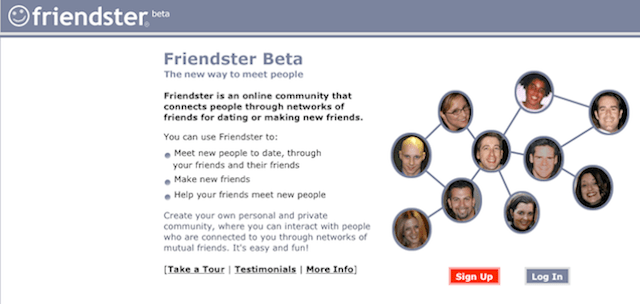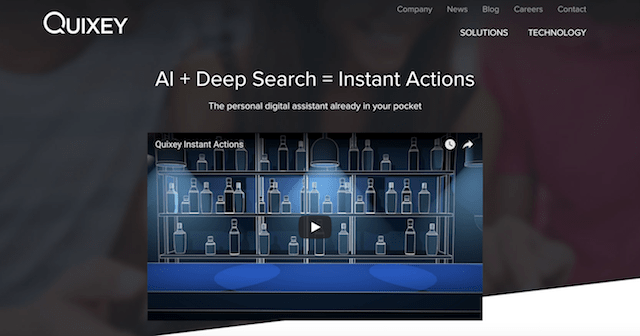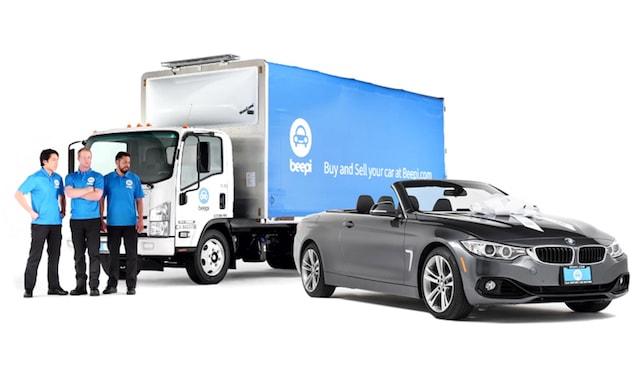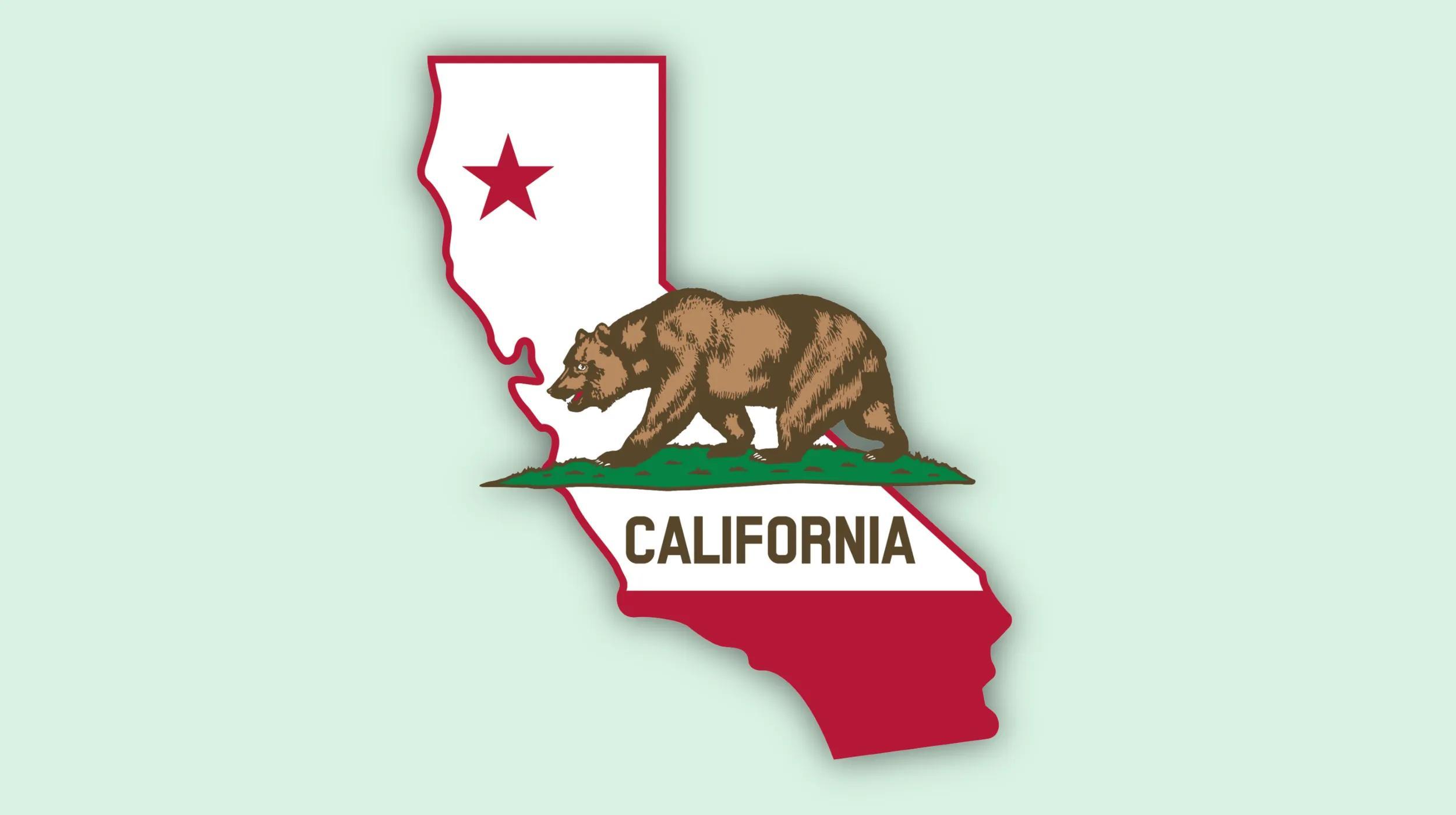With the tech world in a state of constant flux and fresh innovations arising all the time, it's little wonder that there are so many startups in operation the world over. Startups make an essential part of our modern existence, and while some thrive — going on to change their field of expertise, forever — startup mistakes leave many flat on their faces.
"[My biggest startup mistake, or failure, was] weighing too much on someone's talent and not someone's personality. I think it matters whether someone has a good heart."
~ Elon Musk
In fact, a little less than 50 percent of small businesses succeed in the first four years. If you have a brilliant idea, a fully developed product or service, and you avoid making terrible mistakes, you can make it into the 49 percent of startups that not only survive, but thrive, a long way past the four-year mark.
Learning from startup mistakes
To help you get off to the best start possible, we’re going to take a look at four monumental startup mistakes — and what we can learn to drive success. Let’s begin.
Beepi
You might not have heard of Beepi, the digital car buying and selling marketplace. That's because it only lasted two or so years. Despite the peer-to-peer automobile service being proficiently developed and incredibly useful in the modern age, the startup failed because it won too much funding too fast, and it didn't know how to handle it.
In its infancy, Beepi raised almost $150 million in funding and had been valued as high as $560 million. But by mishandling funds and budgets, it had to pull the plug, laying off in the region of 200 employees.
According to TechCrunch, Beepi was getting through $7 million per month in its spending peak, most of which was spent on the wrong elements of the business. The result?
Swift and absolute startup failure.
Lesson learned: Even on a modest scale, don't let your business burn rate burn you. Instead, grow your funds incrementally and ensure every penny is spent on adding value to the company.
Juicero

A once-prized startup venture, Juicero developed and sold what was said to be a game-changing WiFi connected juicer, inspired by the Keurig-cup coffee makers. But despite the early hype surrounding the product, it failed, monumentally, joining our list of startup mistakes.
The business gained its initial growth from $118 million investments from Google Ventures, Kleiner Perkins, and Campbell Soup Company. But sadly, an exposé from Bloomberg informed consumers that juice packs could be squeezed by hand, a much cheaper option than the $400 juicer. Not long after, the company folded.
Lesson learned: No level of excellent marketing can save a poorly developed service product. Even if your raw idea has many merits, testing, developing and testing again should be a big priority before bringing it to market in order to iron out any potential weaknesses or kinks that could prove detrimental to your business.
Friendster

A genuine case of squandered opportunity, Friendster had the potential for great things. But due to a very poorly placed business decision, MySpace took its spot in the market.
Google offered to buy the business for $30 million, but they turned it down. And following a period of unsettlement, a string of CEOs, as well as a crash in both value and users, the business went into the hands of Asian net company MOL Global, who subsequently discontinued the company.
Lesson learned: Funding and exposure are essential to the budding startup. Before you make the decision to accept or turn down any form of help, backing or investment, avoid common startup mistakes by exploring every angle and make the best choices for the business. A failure to do so could result in disaster.
Quixey

Billed as the search engine for apps, Quixey started off strong, pivoting into the realms of the digital personal assistant. But sadly, its journey ended quite abruptly, rendering it obsolete in a matter of years.
After securing a healthy $165 million in funding from the likes of Alibaba for its first-to-market tech solution, Quixey looked set for big things. However, Google and Apple were developing superior PA applications — unfortunately — blowing the startup out of the water.
Lesson learned: Being the first to hit the market doesn’t automatically secure your success. To succeed, you need to avoid startup mistakes by making sure your service or product is either competition-proof or executed the best with room for scalability.
Closing thoughts on startup mistakes
There you have it: four startups that failed monumentally and the lesson that you, as a budding startup founder, can learn from them. Avoiding startup mistakes is one of the most important factors of startup success, and we hope these will help get your new, exciting venture off to a roaring start. And if you want even more small business-based wisdom, check out these 10 tips for naming a business or startup.








